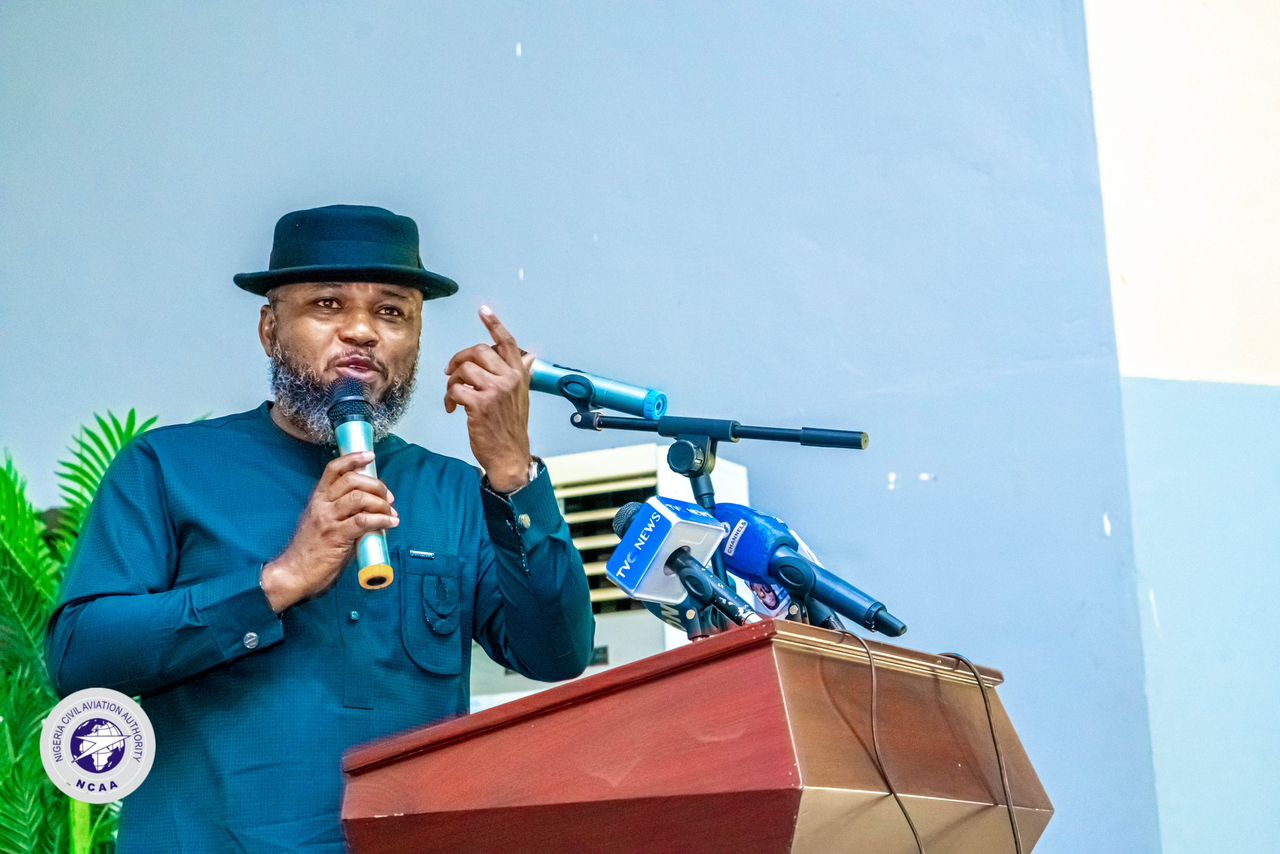The betting shops of Harare tell a story that the unemployment statistics alone cannot. At 21.8% joblessness, Zimbabwe’s official figures from late 2024 barely capture the desperation that drives clerks and street vendors to spend their lunch hours hunched over betting slips, or the unemployed who stalk betting shops from opening to closing, writes Iyke Bede
The recently published report ‘Regulating Gaming and Balancing the Interests of All: A Review of Gaming Principles in Zimbabwe’ lays bare this reality: what began as leisure has morphed into something far more troubling.
Researchers found a perfect storm of economic pressure and regulatory failure. With salaries failing to cover basic needs, gambling has become what the report describes as gambling out of a need, economic in nature, a chance, however slim, to bridge the gap between wages and survival. But the report reveals how this survival strategy often backfires spectacularly. The same technologies that made betting accessible—mobile money platforms and online gambling sites—have also made addiction easier to hide and harder to treat. Stories abound of workers gambling away entire paychecks or students losing tuition money, their losses invisible until it’s too late.
Zimbabwe’s regulatory framework was caught off guard by this rapid transformation. Designed for an era of physical casinos and betting shops, existing laws failed to account for digital platforms that could operate across borders. Illegal gambling machines proliferated in the gaps, too, offering untracked, unregulated betting. The report describes regulators playing a guessing game with operators who simply relocate when pressured.
The solutions proposed are as pragmatic as they are urgent. A centralised digital licensing system would replace Zimbabwe’s outdated processes, making it harder for illegal operators to slip through the cracks. Public awareness campaigns are shifting from vague warnings to more definitive ones, highlighting the immediate dangers by showing players exactly how unlikely their “sure bet” really is. Perhaps most critically, a new gambling revenue fund treats addiction, finally redirecting industry money toward solving industry-created problems.
What makes the report compelling isn’t just its diagnosis, but its recognition of gambling’s dual nature. The same industry that drains wallets also employs thousands and contributes to public coffers. The same technologies that enable addiction also create jobs and innovation. This complexity demands solutions that go beyond simple prohibition, particularly given the report’s finding that inconsistent policies allow illegal operators to thrive across jurisdictions.
The report explicitly calls for alternative livelihood programs to address unemployment’s role in gambling dependency, though it stops short of detailing specific vocational fields. These recommendations align with its broader finding that economic desperation, and not just entertainment, now drives gambling participation.
The report captures the complex motivations behind gambling through direct respondent accounts, including one Harare bettor who acknowledged gambling daily despite recognising its harms. This aligns with researchers’ findings that socioeconomic pressures, particularly unemployment, are transforming gambling from entertainment into a perceived economic necessity. The recommendations emphasise addressing these root causes while implementing regulatory reforms.
With Nigeria’s betting industry dwarfing Zimbabwe’s, the challenges of tackling problem gambling remain the same. Both countries face the daunting task of reining in an industry that moves faster than regulation, feeds off economic despair, and embeds itself in the routines of daily life.
What Zimbabwe’s report makes clear is that no amount of enforcement or awareness will succeed without first acknowledging the emotional logic behind every wager—hope in the face of hopelessness. Any solution must treat gambling not just as a regulatory issue, but as a social symptom of deeper economic instability.
Until then, betting shops will remain less a place of recreation and more a quiet battleground where survival is gambled daily.




